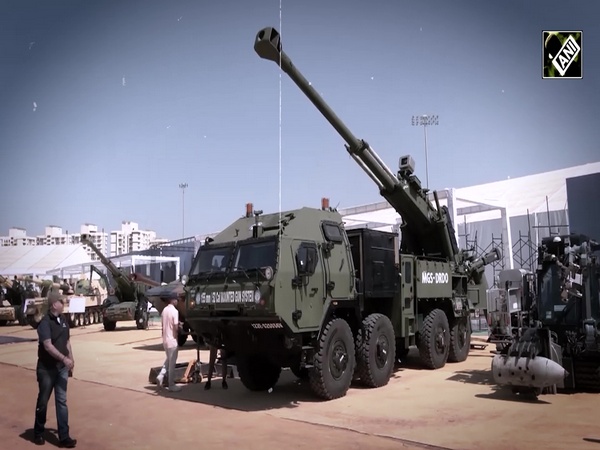ISIS-K: Terror group still lingers in shadows
Mar 07, 2022

Kabul [Afghanistan], March 7 : Post-Taliban took over of Afghanistan last August, the Islamic State in Syria and the Levant - Khorasan (ISIS-K) existence and operations are unfortunately still lingering in the region.
While ISIS no longer makes media headlines, a new low-profile - but a no less dangerous - branch of the group should be a cause for concern for security analysts, Alex Szokalski said writing in Policy Forum, Asia and the Pacific's platform for public policy debate, analysis, views, and discussion.
As per United Nations Security Council (UNSC) in the August 2020 report, a particular concern is a branch that calls itself 'ISIS-K', for Islamic State Khorasan Province. The term Khorasan refers to the vast territory encompassing north-eastern Iran, Turkmenistan, and northern Afghanistan.
The aim of ISIS has been to establish a worldwide caliphate, the usage of Khorasan suggests that there is a belief that they have a right to control or will control the territory of Khorasan and indicates an increased ambition by the group.
On 24 October 2020, a suicide bomber killed 30 people and injured 70 more in an attack on an educational centre in Kabul. Then, 8 May 2021 saw an attack on a school in western Kabul targeting children, while a week later they claimed an attack on a Kabul Mosque.
This occurred in the face of the Taliban's ascendancy. Indeed, the Taliban claims that ISIS-K is not a threat and that once economic and administrative issues in Iraq are resolved, they will simply 'disappear'.
In reality, the Taliban do not appear to be handling this threat so well, as ISIS-K carry out almost daily attacks against them, said Szokalski.
Moreover, the Taliban are likely a driving factor in ISIS-K recruitment - the Taliban have been inconsistent, protecting Shi'ite Muslims in some areas but cleansing them from others, and trying to win support from Salafi Muslims whilst also suppressing them.
Members of the Afghan intelligence services and special forces who were trained by the United States then forced out of work and left penniless by the Taliban are reportedly quick to join ISIS-K, providing the group specialised capabilities they once lacked, reported Policy Forum.
ISIS-K has also capitalised on China's open and public relations with the Taliban and has created campaigns to draw Uyghur Muslims to support its cause.
If ISIS-K continues to develop support in the Khorasan region whilst degrading Taliban control of Afghanistan, it is not inconceivable that they will have the capacity to begin rebuilding or even rebranding. They could once again pose a sizeable threat to national, regional, and international security, added Szokalski.


















